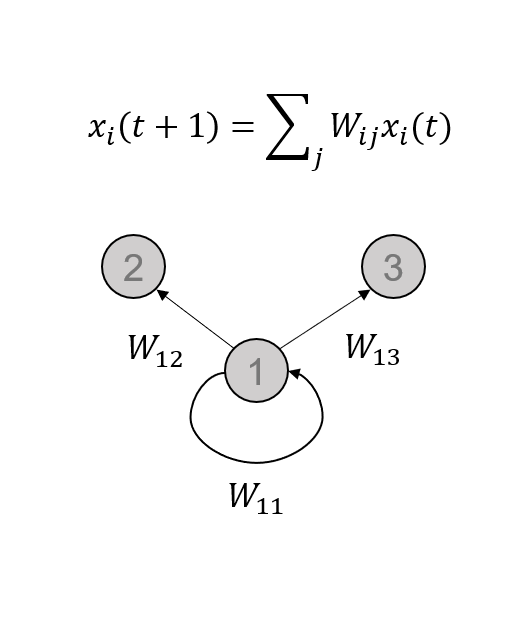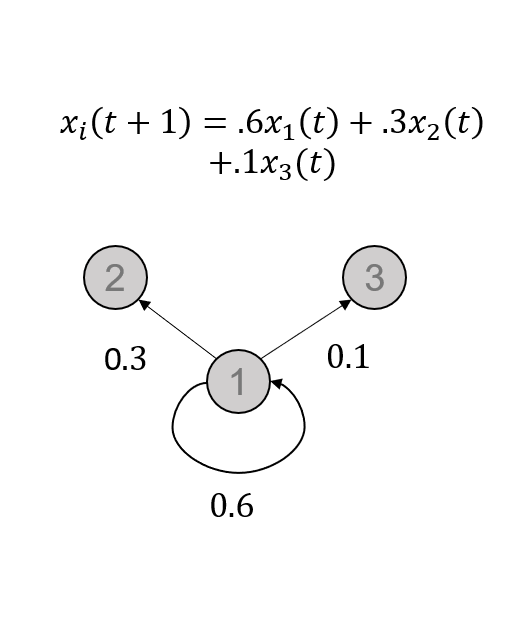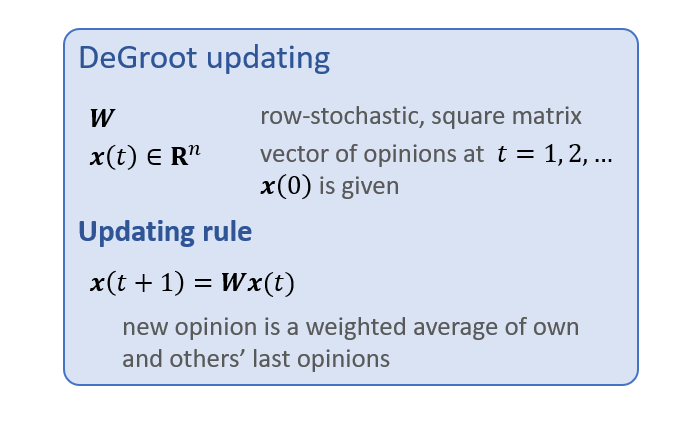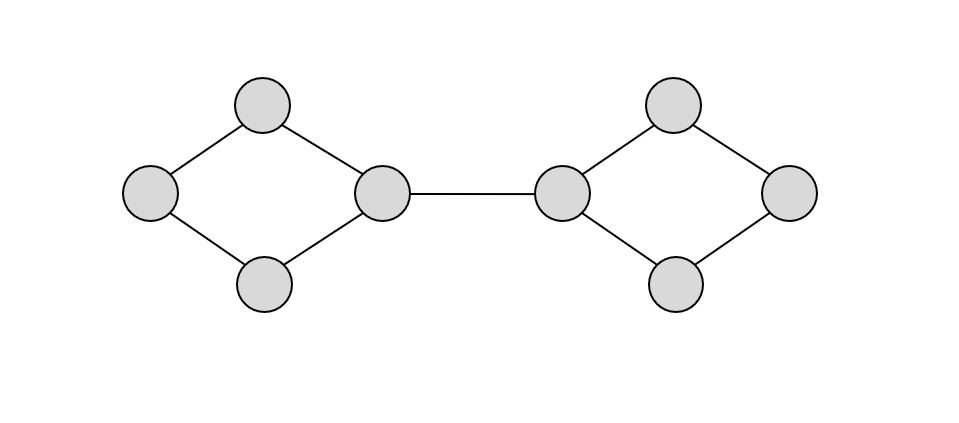
Let me very briefly jot down some notes as I read...
Take a basic static input/output model, and suppose we don't worry about nonlinearities in static equilibrium (as Baqaee and Farhi very productively have done).
Then it's easy to know which shocks matter for welfare...
1/
Take a basic static input/output model, and suppose we don't worry about nonlinearities in static equilibrium (as Baqaee and Farhi very productively have done).
Then it's easy to know which shocks matter for welfare...
1/
https://twitter.com/ben_golub/status/1337851402673147907
Just look at the Domar weights of the sectors, which is a fancy way of saying their (suitably defined) size.
All the network stuff boils down to one easily-measured statistic.
Shocks matter more when they hit "bigger" sectors.
2/
All the network stuff boils down to one easily-measured statistic.
Shocks matter more when they hit "bigger" sectors.
2/
Liu and Tsyvinski make the point that this won't hold in an economy with adjustment dynamics.
When input demands increase after a negative shock, it takes time to build/activate capacity.
3/
When input demands increase after a negative shock, it takes time to build/activate capacity.
3/
Their hypothesis is that if this has to propagate along long supply chains, it will go slower and hurt welfare longer.
So now, networks that have the same Domar weights and thus the same welfare reaction to shocks in static eq'm will behave very differently dynamically
4/
So now, networks that have the same Domar weights and thus the same welfare reaction to shocks in static eq'm will behave very differently dynamically
4/
You can compute how incorporating dynamics changes the formula for the welfare impact of shocks. It does so through a simple statistic -- a version of Katz centrality 

They then do a spectral analysis and show that, in contrast with a static model, the most welfare-consequential aspects of a shock can actually be summarized in a low-dimensional way.
7/
7/
This has to do with the fact that in a dynamical system, high-frequency components decay away fast, but a few low-frequency components hang around for a long time.
8/
8/

To me it's super exciting that these guys are bringing insights from the spectral analysis of dynamical systems to "the new input-output theory."
9/
9/
It requires taking a particular view on adjustment dynamics but seems very fruitful and will be stimulating to the networks literature as well as to the production networks literature.
10/
10/
It is also another occasion to miss Emmanuel Farhi. He would have loved discussing this and thinking through a beautiful new perspective on production networks.
11/11
11/11
• • •
Missing some Tweet in this thread? You can try to
force a refresh











